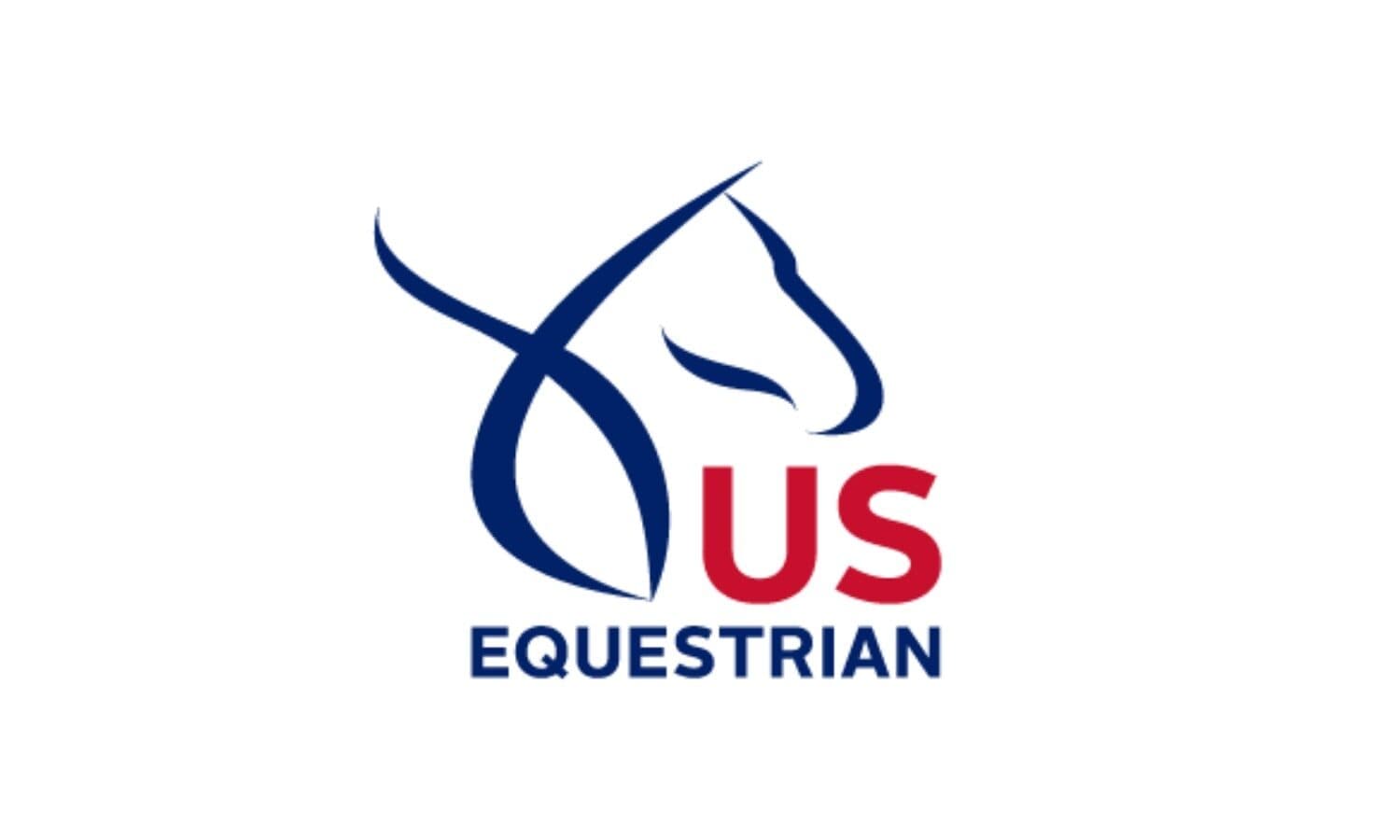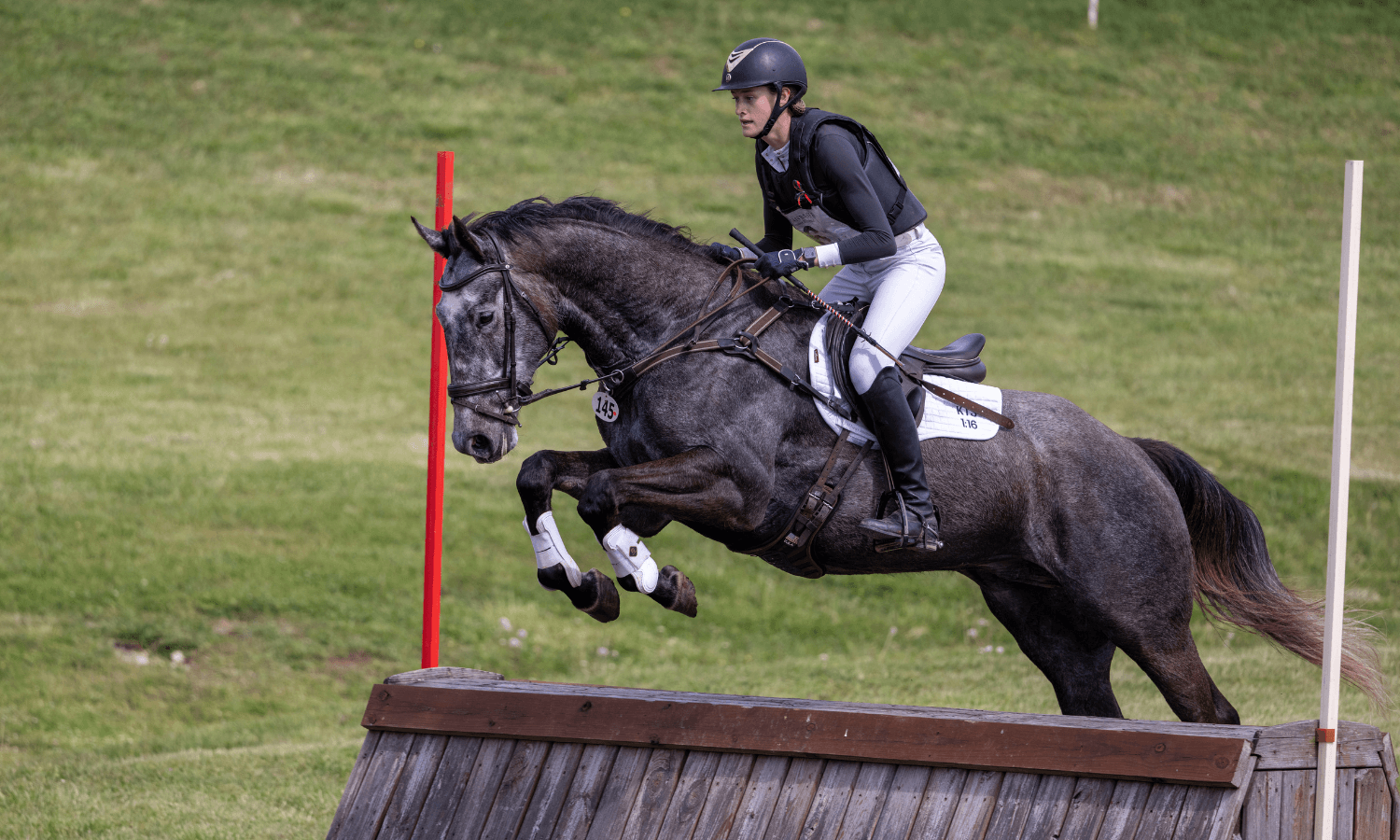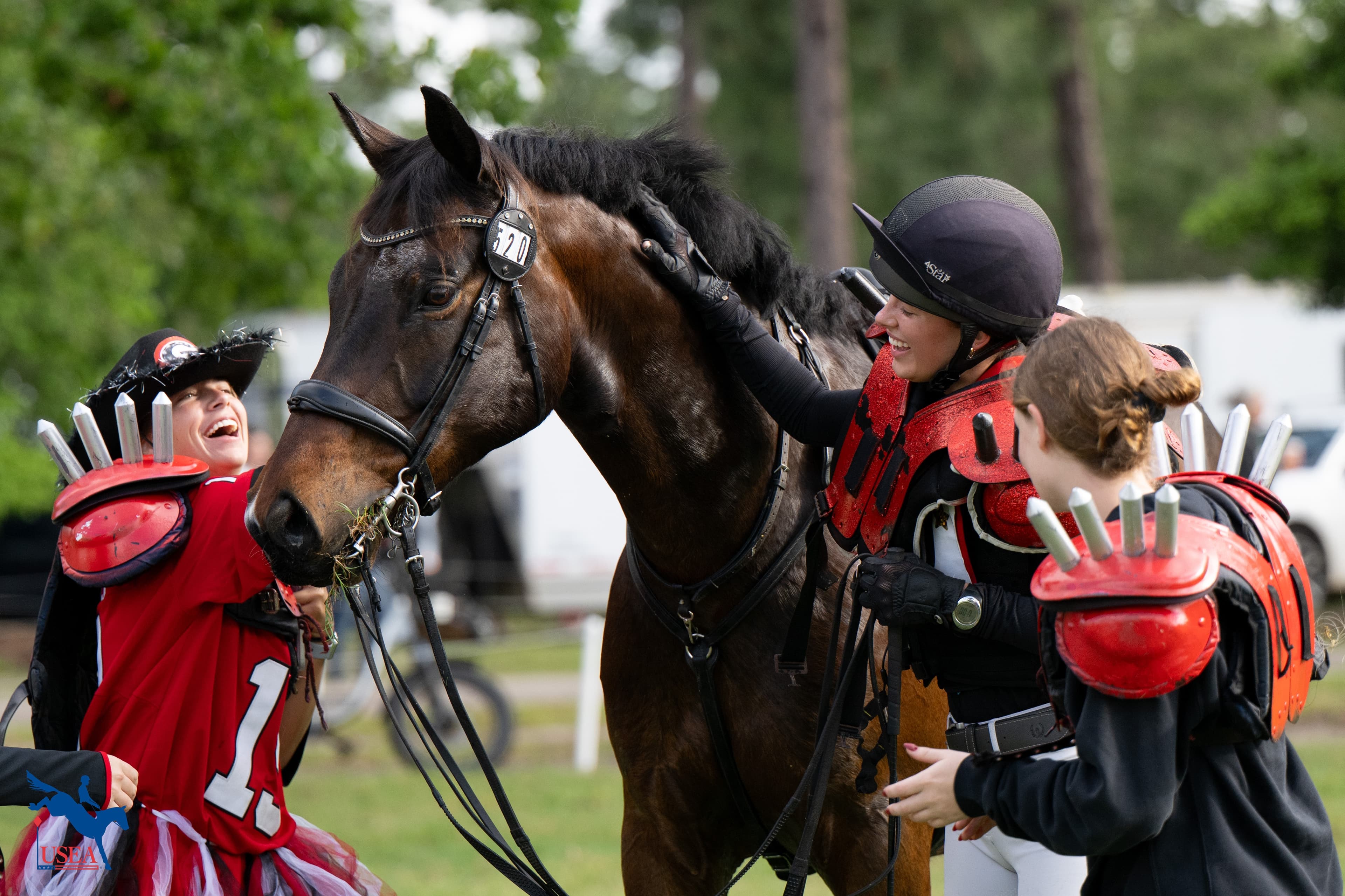Refresh Your Understanding of the USEF COVID-19 Action Plan

With the Centers for Disease Control and Prevention's (CDC) announcement in May 2021 that anyone who is fully vaccinated against COVID-19 can participate in indoor and outdoor activities, large or small, without wearing a face covering/mask or physically distancing, changes were made to the USEF COVID-19 Action Plan accordingly. By definition, an individual is considered to be fully vaccinated two weeks after their second dose in a two-dose series (Pfizer, Moderna, etc.), or two weeks after a single-dose vaccine (Johnson & Johnson).
At a minimum, competition organizers and all persons at USEF-licensed or endorsed competitions are required to follow state and local regulations for face coverings/masks and social distancing. In the absence of state and local regulations, the USEF and the USEA recommend compliance with the CDC guidelines. Competition organizers are able to impose stricter requirements at their discretion.
Competition organizers must communicate to competition staff, competitors, officials and spectators the COVID requirements under which their competition will operate and licensed officials should be aware of that plan.
All persons attending USEF/USEA competitions are responsible for reviewing and complying with the COVID-19 requirements in effect at each competition. This is vital, as requirements may vary between competitions. Anyone who is not fully vaccinated must exercise personal responsibility and wear a face covering/mask wearing and continue to practice social distancing and frequent hand washing. Individuals may choose to wear a face covering/mask even when not required. Anyone choosing to do so, will not be penalized.
The USEF COVID-19 Emergency Response Plan was designed to provide general guidelines for managing incidents in the event a COVID-19 related situation occurs at a US Equestrian Licensed Competition. The COVID-19 Emergency Response Plan can be viewed here.















